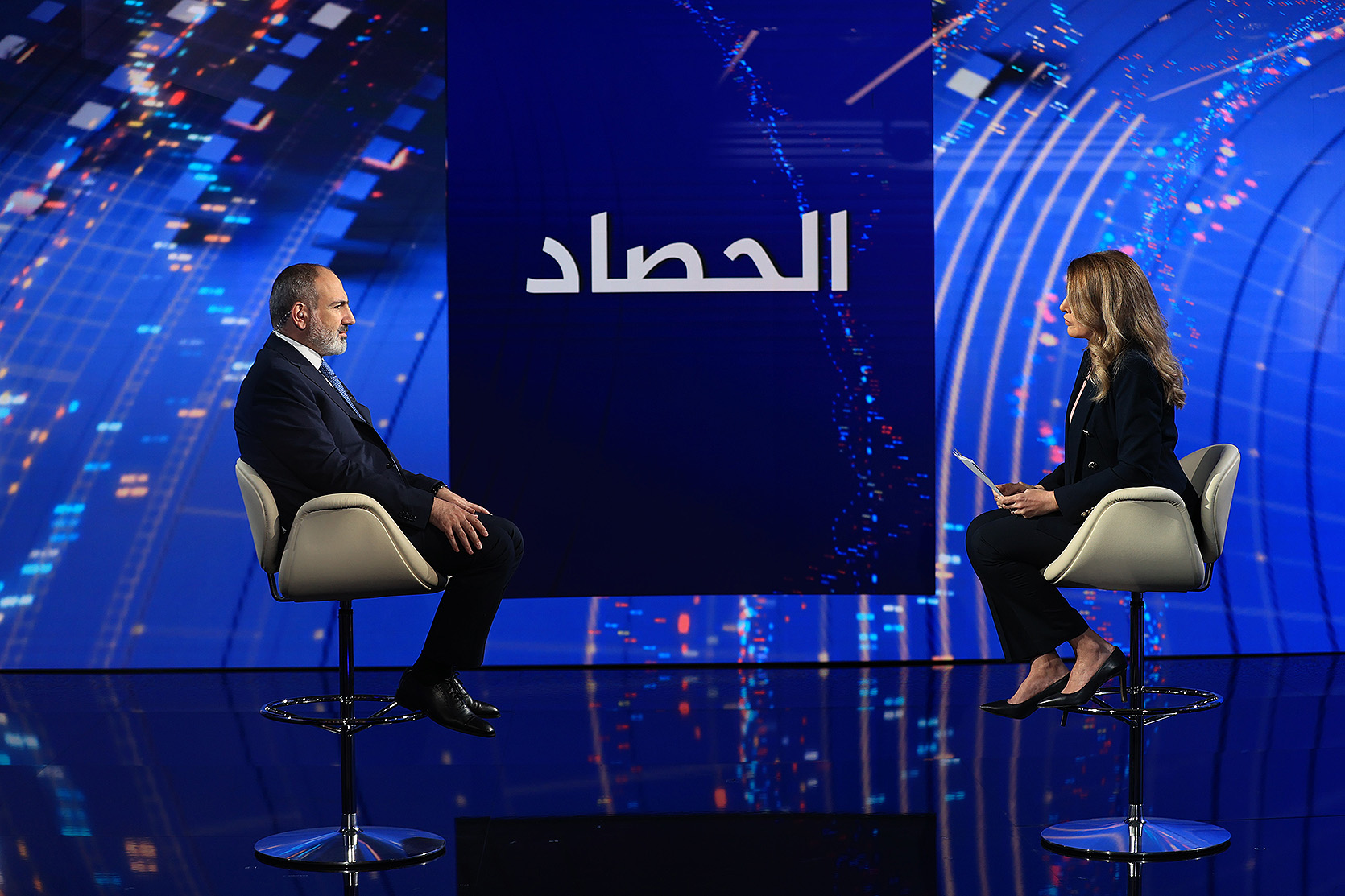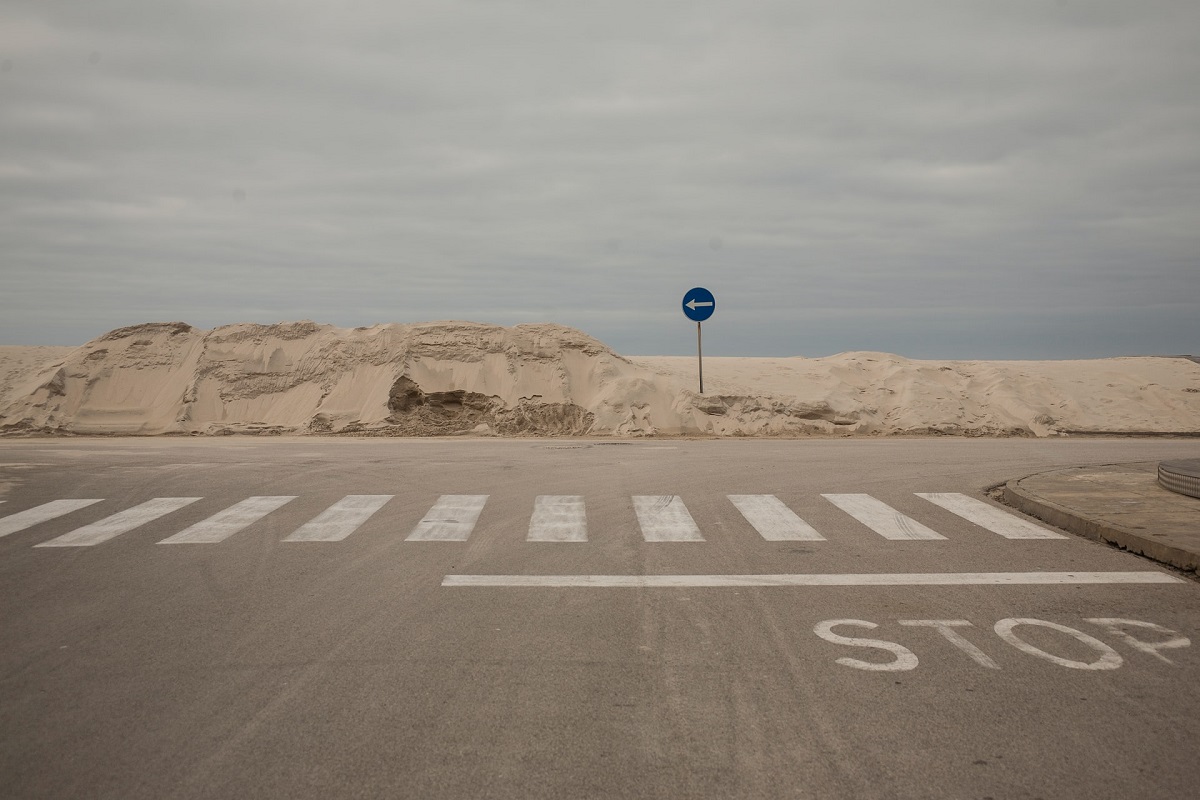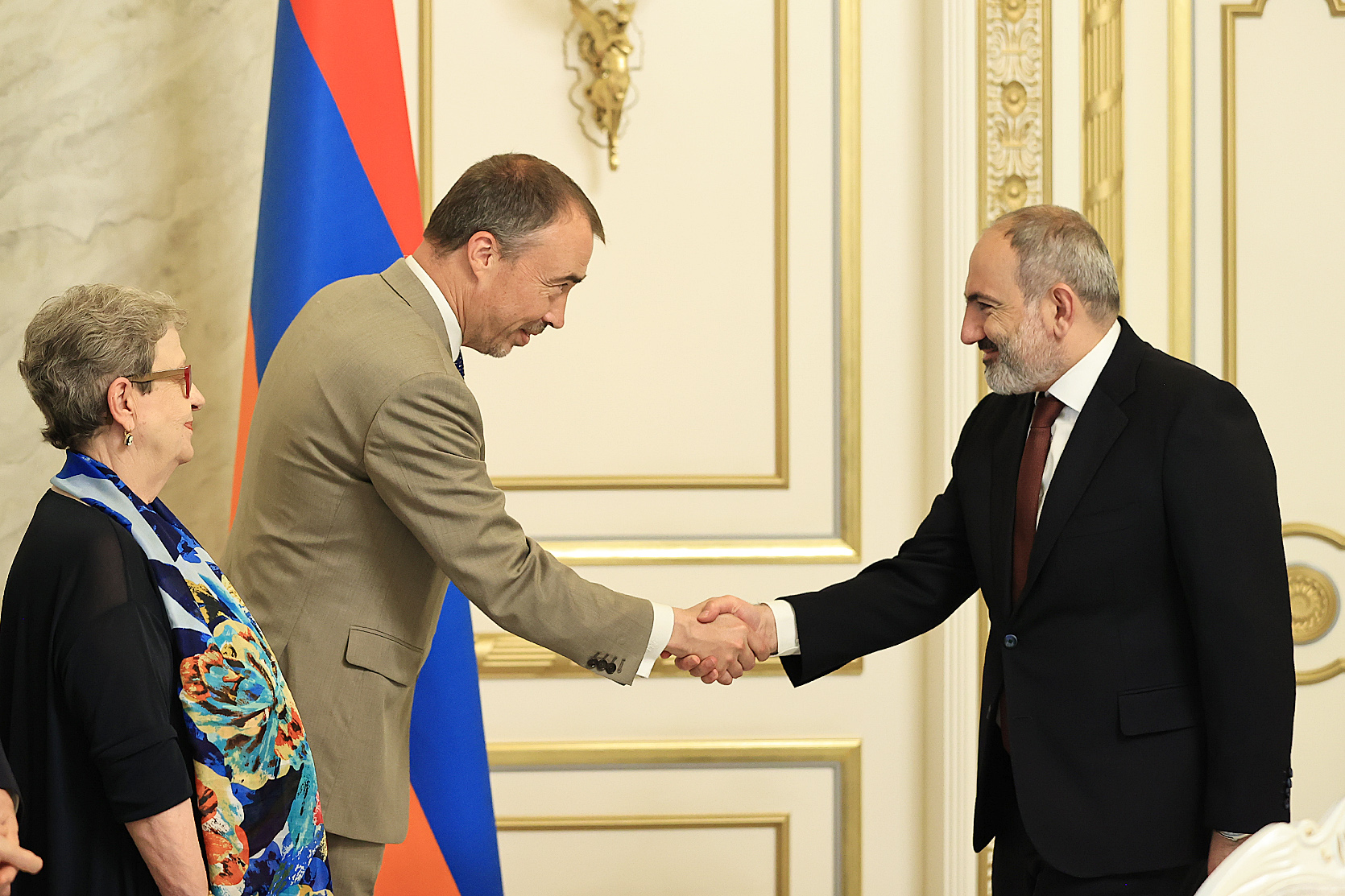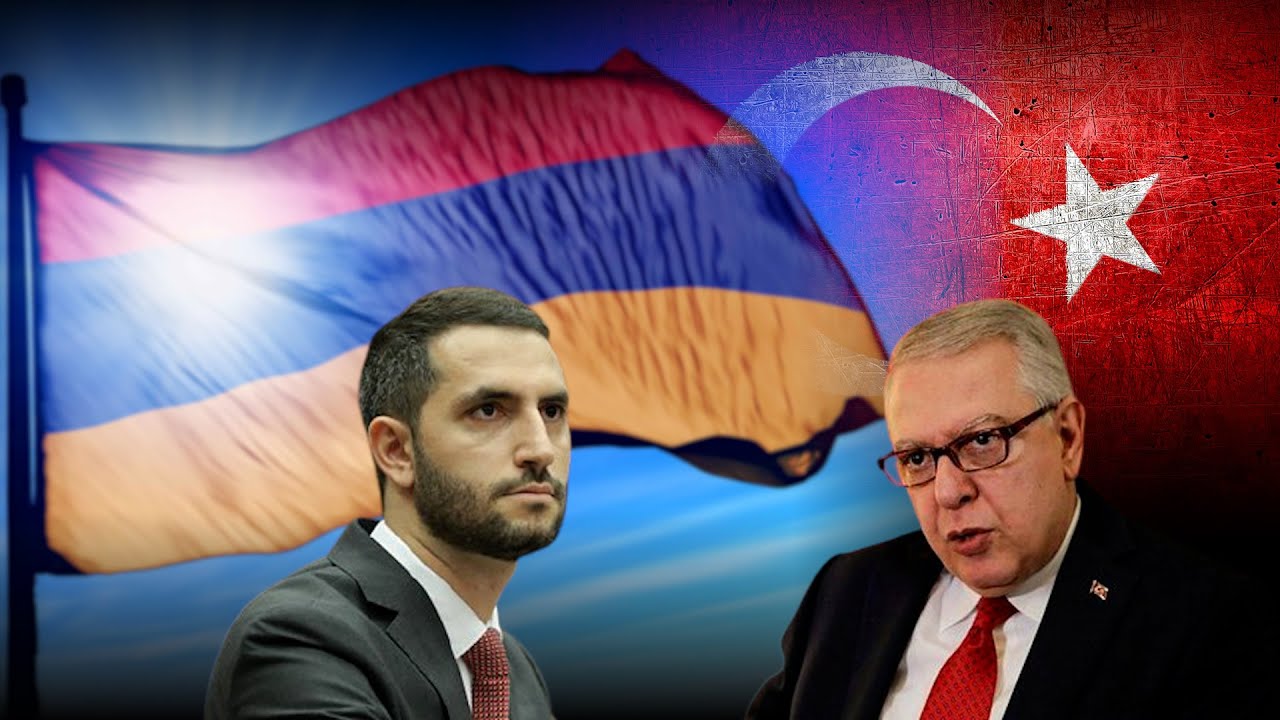
Pashinyan’s interview to Al-Jazeera TV channel
“It is not so easy to be a direct, honest, reliable partner for both Russia and the West. Our duty is to maintain the right relationship, not to betray anyone”, Prime Minister of Armenia Nikol Pashinyan expressed this opinion in an interview with Al Jazeera TV channel.
The Armenian prime minister, who is in Qatar on an official visit, also spoke about the war in Ukraine, cooperation with Iran and the normalization of relations with Azerbaijan and Turkey.
- ‘Amended’ statement of Russian Foreign Minister: what happened during Lavrov’s visit to Armenia?
- “Peace, strengthening army or poverty” – what worries Armenians?
- Armenian Defense Minister: ‘No danger’ of new war with Azerbaijan
“Armenia is very concerned about war in Ukraine”
Pashinyan stressed that Armenia is very concerned about the situation around Ukraine and is in favor of resolving all issues through dialogue and peace.
According to the prime minister, not only the situation in Russia, but also global economic tension due to rising food inflation and other factors had a direct impact on the Armenian economy. He stressed that economic indicators are currently quite positive (8.6% economic growth in the first quarter).
“Hopefully we can keep that momentum going,” he said.
“We try to be a reliable partner”
According to Pashinyan, amid special relations with Moscow, the Armenian government has to pursue a clear and subtle policy:
“We try to be a direct, honest and reliable partner for Russia, our European-Western partners, and our neighbors. It is not so easy”.
According to him, the duty of national leaders in such situations is “to maintain the right relationship with partners, not to betray anyone.”
Opinion: “It's time to review Armenia’s foreign policy”
Political scientist Armen Grigoryan calls for urgent revision of Armenia’s foreign policy to replace the ongoing “pseudo-diversification” of the country’s foreign affairs

“We have very close ties with Iran”
Pashinyan did not agree with the opinion of the Al Jazeera journalist that, with the exception of Iran, Armenia has poor relations with neighboring countries. He stressed that Armenia has very good relations with two of the four neighbors – Georgia and Iran.
According to Pashinyan, relations with Iran are very close, thanks in part to the free trade agreement between Iran and the Eurasian Economic Union:
“Now we are working on the development of communications between Iran and Armenia, we are in the process of building a strategic highway called North-South. We hope that our economic relations with Iran will develop as a result of this program”.
EU Special Representative on Karabakh negotiations: "EU is willing to help and move talks forward"
“The sole interest of the European Union is to help this process and reach a lasting and comprehensive settlement” – EU Special Representative’s statement on Karabakh talks

“The most urgent problem is Nagorno-Karabakh”
The Prime Minister announced the establishment of a commission on the delimitation of the Armenian-Azerbaijani border, stressing that it is very important to continue work in this direction. Pashinyan expressed hope that “with the support of international partners and bilateral work, it will be possible to delimit the borders.”
“If the commission decides that the entire territory of Nagorno-Karabakh should belong to Azerbaijan, what will be your position?”
Answering this question of a journalist, the Prime Minister stressed that “the delimitation commission has nothing to do with the problem of Nagorno-Karabakh.”
According to Pashinyan, the trilateral statement signed in 2020 does not resolve the most pressing issue – the Nagorno-Karabakh conflict:
“We hope that in the near future we will be able to resolve the Nagorno-Karabakh conflict.”
Answering the question about providing a corridor through the territory of Armenia, the prime minister once again stressed that this is a red line for official Yerevan:
“According to the trilateral statement, we have one corridor – the Lachin corridor, which links Nagorno-Karabakh with Armenia”.
Pashinyan stressed that regional communications should be opened “according to the principle of mutual respect for sovereignty and inviolability of borders.”
After the second Karabakh war, Azerbaijani repeatedly demanded the establishment of a “corridor” through the territory of Armenia to its Nakhichevan exclave. The Armenian side constantly replied that it was in favor of unblocking regional communications, but was categorically against providing routes with “corridor logic”. According to the explanation of the Armenian authorities, the term “corridor” implies the loss of sovereignty over this territory, which is out of the question.
“We expect tangible results”: on the normalization of relations with Turkey
The dialogue between Yerevan and Ankara has begun, the prime minister said, referring to the format of the talks between the special representatives. He stated that he expects tangible results:
“We opened a direct flight between Armenia and Turkey, but this is what we had before. I hope we will be able to establish diplomatic relations and open the border between Armenia and Turkey, which has been closed for 30 years”.
Armenian-Turkish ‘normalisation’ efforts continue amid third round of Vienna talks
Here is everything you need to know about the third meeting of the special representatives of Armenia and Turkey in Vienna, as well as the expert opinion about the ongoing normalization process





